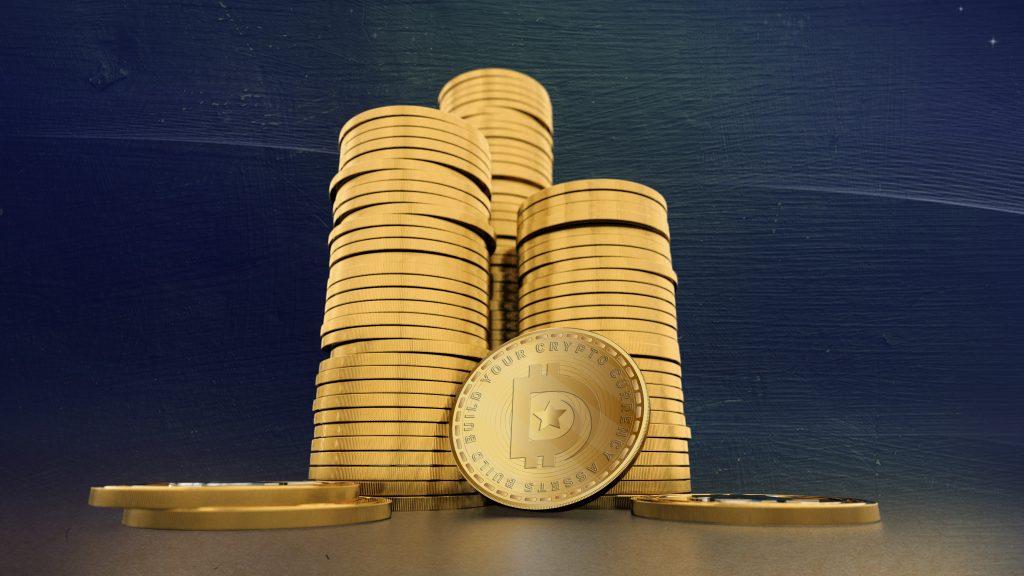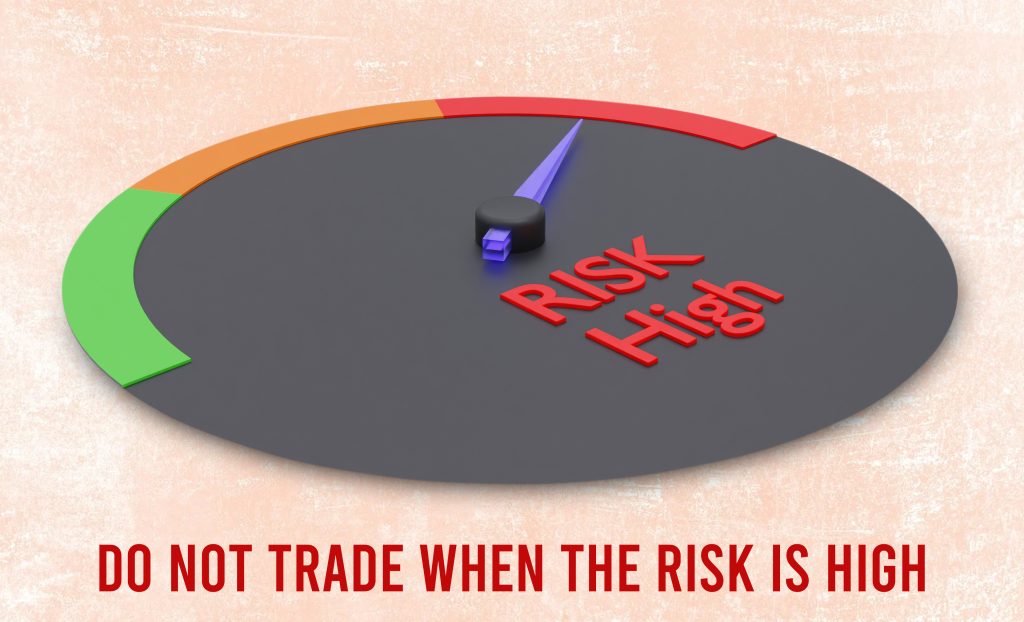Navigating Modern Markets: A Deep Dive into Cryptocurrency and Forex Trading
In the complex world of global finance, two distinct forms of trading have emerged as major players – cryptocurrency and forex trading. Forex trading, a well-established cornerstone of the financial industry, revolves around the exchange of national currencies and underpins international trade and investments. In contrast, the innovative realm of cryptocurrency trading, propelled by the rapid ascent of digital currencies like Bitcoin, introduces a decentralized approach to financial exchange. For those interested in learning more about these investments, this article will compare and contrast cryptocurrency and forex trading.
Historical Background
Forex trading traces its roots back to the global currency exchange system set up after the Bretton Woods Agreement in 1944. Over time, it has become a round-the-clock market known for its liquidity, leverage, and ease of access.
Alternatively, cryptocurrency emerged in 2009 with the launch of Bitcoin. This digital and decentralized type of currency brought blockchain technology into the spotlight, shaking up conventional financial markets and systems.

Key Features of Forex and Cryptocurrency Trading
For those looking to get into investing and trying to decide between these two assets, there are some things to know. After all, forex and cryptocurrency trading are two distinct realms with their own defining characteristics. Let us take a closer look at these key features below:
Forex Trading
- High Liquidity: The forex market is incredibly liquid, with a massive volume of daily trades. This liquidity makes it easy to buy and sell assets.
- Leverage: Forex trading offers traders the ability to leverage their investments, meaning they can control larger positions with a relatively small capital outlay.
- Centralized: Forex operates within a centralized structure, with regulatory authorities and intermediaries overseeing the market.
Cryptocurrency Trading

- Decentralization: Cryptocurrency trading is decentralized, thanks to blockchain technology. This ensures transparency and security as transactions are recorded on a public ledger.
- Volatility: The cryptocurrency market is known for its price volatility, providing opportunities for significant gains but also posing higher risks.
- Regulatory Landscape: Unlike forex, cryptocurrency trading operates in a largely unregulated environment, separate from traditional financial systems.
Navigating the Regulatory Landscape in Forex and Cryptocurrency Trading
The regulatory environments of forex and cryptocurrency trading are very different, which has a significant impact on how these markets operate. To get a better understanding, let us take a look at the contrasting regulatory paths that each market follows.
Forex Trading
- Stringent Regulation: Forex trading operates within a comprehensive regulatory framework that is subject to oversight by governmental and independent bodies in various countries. These regulations aim to ensure transparency, fairness, and integrity in the forex market, offering protection to both individual and institutional investors.
Cryptocurrency Trading
- Legal Gray Area: Cryptocurrency trading often finds itself in a legal gray area. Driven by decentralization, it lacks a centralized regulatory authority. Furthermore, regulations surrounding cryptocurrencies vary greatly from one country to another, and the legal definitions of these digital assets are continuously evolving. Thus leading to a fragmented and uncertain regulatory landscape.
Balancing Risks and Rewards in Forex and Cryptocurrency Trading
Understanding the intricate interplay of risks and rewards is pivotal in both forex and cryptocurrency trading. Let us explore the unique dynamics of each market and how they influence trading strategies.

Forex Trading
- Relatively Predictable: Forex trading offers a relatively understood risk-reward dynamic. The market’s liquidity and leverage can yield substantial gains but also carry the risk of significant losses.
- Influential Factors: Currency values in forex are influenced by various factors, including economic indicators, interest rates, and geopolitical events. These factors provide traders with a foundation for informed decision-making.
Cryptocurrency Trading
- High Potential Returns: The cryptocurrency market is known for its potential for high returns, driven by its notable volatility. Traders can seize opportunities for substantial profits.
- Susceptibility to Volatility: However, this market is also susceptible to market manipulation and abrupt price swings. Its decentralized and unregulated nature compounds these risks, making it essential for traders to adopt informed and strategic trading practices.
The Convergence of Forex and Cryptocurrency

So, why is forex important for a platform that focuses on decentralized finance? Because cryptocurrencies have made their presence felt within the realm of forex trading. Today, numerous forex trading platforms have embraced cryptocurrency pairs, recognizing the rising significance and adoption of digital currencies. The collaborative efforts and integrations between conventional forex platforms and cryptocurrency exchanges are on the upswing, marking a fusion of these once-separate trading domains.
The Future of Forex and Cryptocurrency Integration
The future outlook for the convergence of cryptocurrency and forex trading appears promising. Ongoing trends indicate a growing acceptance of digital currencies within conventional financial markets. With the potential for regulatory clarity, technological advancements, and improved security protocols, the integration of these two trading domains could lead to a dynamic, diverse, and inclusive global financial ecosystem.
Additionally, emerging technologies such as blockchain, smart contracts, and decentralized finance (DeFi) hold the potential to reshape both markets. These innovations have the capacity to bridge the gap between the decentralized ethos of cryptocurrency trading and the structured world of forex trading.
Charting the Path Forward
At the end of the day, cryptocurrency and forex trading have emerged as prominent players. Forex, with its legacy dating back to the post-Bretton Woods era, offers unparalleled liquidity, leverage, and accessibility. Conversely, cryptocurrency trading, ushered in by Bitcoin’s rise, champions decentralization and innovation.
The key to remember is that both markets have their own unique strengths and weaknesses. Therefore, investors should carefully consider their risk tolerance and investment goals before entering either market. However, both markets offer the potential for significant profits, and those who are willing to do their research and invest wisely could be well-positioned to capitalize on the opportunities that lie ahead.
The future of both cryptocurrency and forex trading is uncertain, but one thing is for sure: both markets are here to stay. As the world becomes increasingly interconnected, the demand for these markets will only continue to grow. Those who are prepared to ride the wave of this growth will be well-positioned to reap the rewards.
